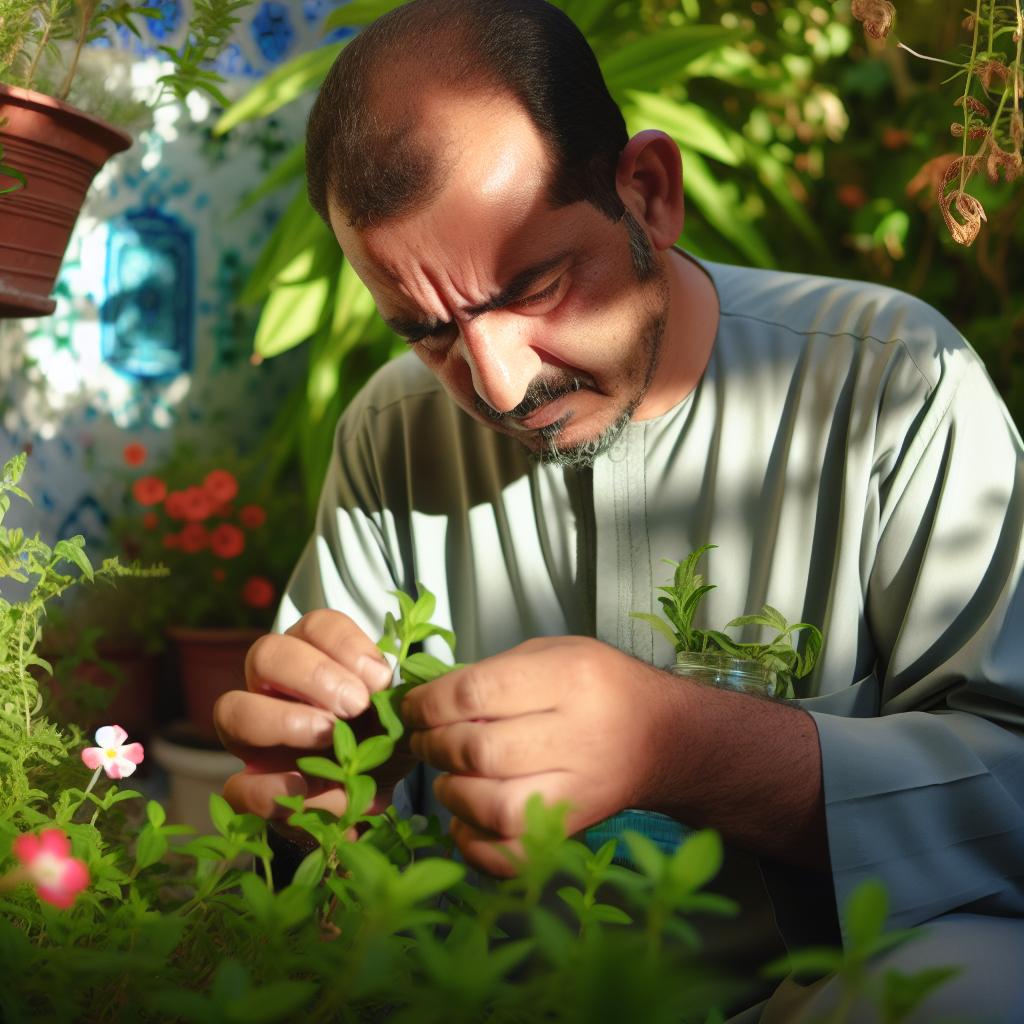
The Online Garden Center Podcast
Home & Garden6 episodes
How to get the best from your garden.
Latest episode
All Episodes

Best Practices for Planting Broccoli Seeds This Spring
3 min 14 sec
Join me on The Online Garden Center Podcast as I delve into the best practices for planting broccoli seeds this spring. In this episode, I guide you through selecting the right broccoli varieties like Calabrese, Green Magic, and Marathon, which thrive in cooler temperatures and mature quickly. Learn how to prepare your garden soil by testing its pH and enriching it with organic matter for optimal growth. I'll provide a step-by-step guide to planting seeds indoors and transplanting them outdoors. Discover essential care tips, including watering, mulching, and organic pest control methods. Finally, I'll share how to harvest and store your homegrown broccoli to enjoy its fresh taste all season long. Whether you're a seasoned gardener or a beginner, this episode is packed with valuable insights to help your broccoli garden flourish.Play episode
View details

Enhance Coastal Gardens with Seaside Goldenrod
20 min 47 sec
Transform your coastal garden into a vibrant paradise with the resilient and beautiful Seaside Goldenrod.
Play episode
View details

Identifying Common Caterpillar Pests in Your Garden
3 min 30 sec
Identifying Common Caterpillar Pests in Your Garden
To effectively manage caterpillars, it's important to identify the species you're dealing with. Common garden caterpillar pests include the cabbage looper, tomato hornworm, and the tent caterpillar. Each species has distinct features and preferences for certain plants. By identifying the caterpillars in your garden, you can tailor your control methods to be more effective and environmentally friendly.
Look for physical characteristics such as color, patterns, and size, and observe the types of plants they are feeding on. This information will guide you in choosing the right method to address the infestation without harming beneficial species.
Understanding the Role of Caterpillars in the Ecosystem
Caterpillars play a crucial role in the ecosystem as they are a vital food source for many bird species and other predators. They also contribute to the pollination process as they metamorphose into butterflies and moths. Therefore, it's important to control caterpillar populations without disrupting these ecological functions.
Having a balanced approach to caterpillar control helps maintain biodiversity and the health of your garden ecosystem. Instead of eradication, aim for management that keeps their numbers in check while allowing their positive contributions to flourish.
Natural Predators and How to Attract Them
One effective way to control caterpillars is by encouraging their natural predators to your garden. Birds, parasitic wasps, and predatory insects such as ladybugs and lacewings are known to feed on caterpillars. Creating a habitat that attracts these beneficial creatures can help keep the caterpillar population down.
You can attract these predators by planting a diverse range of nectar-rich flowers, installing bird feeders and birdhouses, and avoiding the use of broad-spectrum pesticides that can harm beneficial insects. Providing a suitable habitat for these predators will encourage them to visit your garden and help control caterpillar numbers naturally.
Organic and Homemade Solutions for Caterpillar Control
For gardeners preferring organic solutions, there are several homemade and natural options to deter caterpillars. One popular method is making a garlic or chili pepper spray, which can act as a natural repellent. Neem oil and insecticidal soaps are also effective organic options that target caterpillars without causing harm to other insects or the environment.
Additionally, introducing bacillus thuringiensis (Bt), a natural soil-dwelling bacterium, to your garden can be a safe way to control caterpillar populations. Bt is specific to caterpillars and does not affect other insects, making it a selective and environmentally friendly option.
Preventive Measures to Keep Caterpillars at Bay
Implementing preventive measures can reduce the likelihood of a caterpillar infestation in your garden. Regularly inspecting plants for eggs or larvae, maintaining garden hygiene by removing debris, and rotating crops can help prevent problems before they start.
Physical barriers such as row covers can protect plants from egg-laying moths and butterflies. Companion planting with herbs like mint or marigold may also deter caterpillars due to their strong scents. By taking these steps, you can maintain a healthy, caterpillar-managed garden that thrives naturally.Play episode
View details

5 most important things to do now to have beautiful roses this Summer
1 min 10 sec
5 most important things to do now to have beautiful roses this SummerPlay episode
View details

How to look after your palms so they look great this Summer
1 min 29 sec
Now is the time to look after your palms so they look great this SummerPlay episode
View details
More episodes
